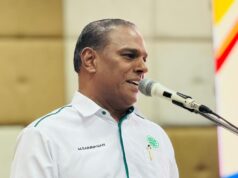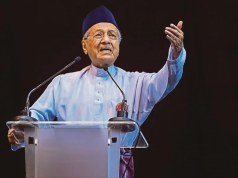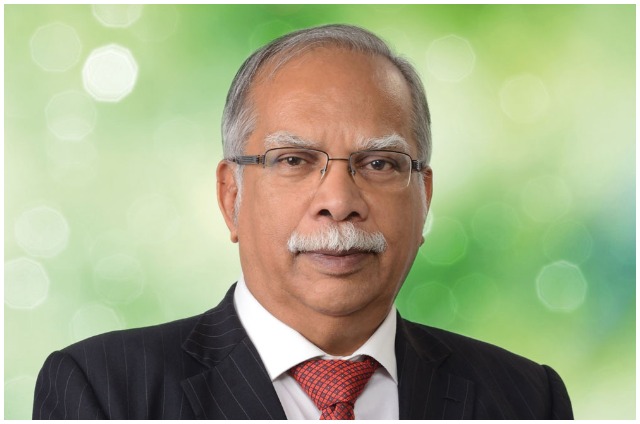 KUALA LUMPUR, April 3- Prime Minister Datuk Seri Najib Tun Razak today announced the dissolution of the Dewan Rakyat, paving the way for the 13th general election. In a live address over television, Najib said he had obtained the consent of the Yang di-Pertuan Agong, Tuanku Abdul Halim Mu’adzam Shah, to dissolve the 12th parliament.
KUALA LUMPUR, April 3- Prime Minister Datuk Seri Najib Tun Razak today announced the dissolution of the Dewan Rakyat, paving the way for the 13th general election. In a live address over television, Najib said he had obtained the consent of the Yang di-Pertuan Agong, Tuanku Abdul Halim Mu’adzam Shah, to dissolve the 12th parliament.
He advised all the state governments, except Negeri Sembilan and Sarawak, to also dissolve their respective state legislative assemblies to allow for the state elections to be held simultaneously with the general election. The Negeri Sembilan state legislative assembly dissolved automatically on March 28, paving the way for the state election to be held.
Sarawak held its state election on April 16, 2011, and the Barisan Nasional (BN) was returned to power after it won 55 of the 71 seats contested. Following the dissolution of the Dewan Rakyat today, the Election Commission (EC) is expected to meet soon to set the dates for nomination and polling.
The current mandate of the government was due to expire on April 28 this year. According to Article 55 (4) of the Federal Constitution, a general election must be held within 60 days of the dissolution of parliament. Based on the latest electoral rolls, as of December last year, 13.3 million people are eligible to go to the polls in the country.
A total of 222 parliamentary seats will be contested in the coming general election, 31 of which are in Sarawak, while 505 state seats will be up for contest. At the time of dissolution, the BN had 137 seats in the Dewan Rakyat with the rest held by the DAP (29), Parti Keadilan Rakyat (PKR) (23), PAS (23), Parti
Kesejahteraan Insan Tanahair (KITA) (one) and Parti Sosialis Malaysia (PSM) (one). Eight seats were held by independent MPs. In the last general election, in 2008, the BN failed to secure a two-third majority in the Dewan Rakyat, garnering only 140 seats while the opposition grabbed 82 seats.
Besides failing to regain control of Kelantan, the BN also lost control of Kedah, Penang, Perak and Selangor. After three elected representatives declared themselves friendly to the BN almost a year later, the opposition Perak government fell and the BN took back the state. The 13th general election is the first for Najib as the leader of the BN after having taken over as the prime minister from Tun Abdullah Ahmad Badawi on April 3, 2009.
Meanwhile, the EC is scheduled to implement eight new elements as part of the effort to improve the running of the general election, in accordance with the recommendations in the report of the Parliamentary Select Committee on Electoral Reform presented to parliament on April 3 last year.
These include the use of indelible ink to mark voters, early voting to replace postal voting for policemen and soldiers, allowing postal voting for Malaysians abroad and journalists, and setting a campaign period of not less than 10 days.
After the 12th general election, 16 by-elections were held following the death or resignation of elected representatives, six of these for parliamentary seats and 10 for state seats. Eight seats were won by the BN and eight by the opposition.
The parliamentary by-elections were held in Permatang Pauh, Kuala Terengganu, Bukit Gantang, Hulu Selangor, Sibu and Batu Sapi while the state by-elections were held in Bukit Selambau, Batang Ai, Manek Urai, Permatang Pasir, Penanti, Bagan Pinang, Galas, Batu Sapi, Tenang, Merlimau and Kerdau. The number of by-elections was the highest after the 1995-1999 parliamentary term that saw 17 by-elections held.
Watch the following video:
BERNAMA










